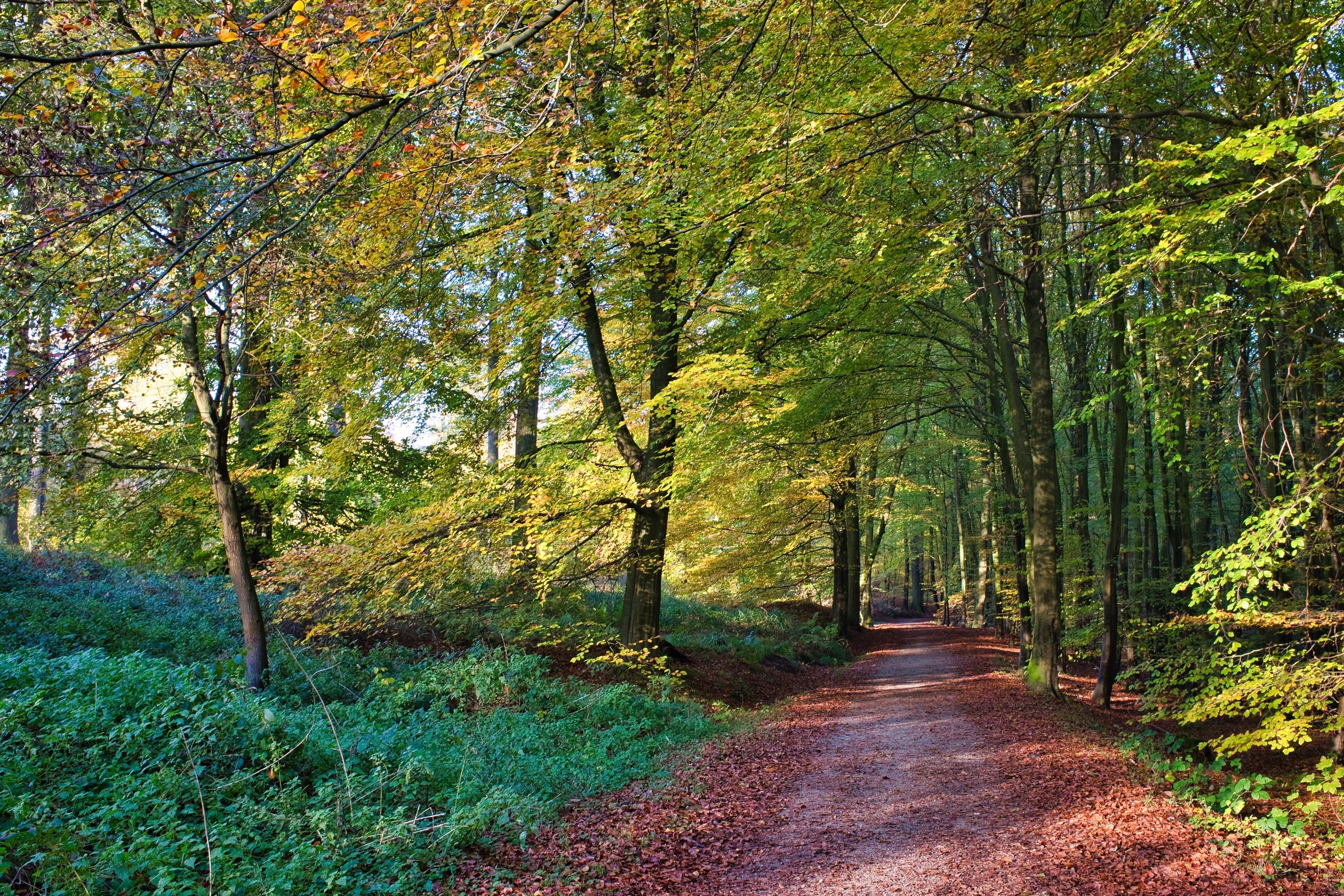What Are the Health Benefits of Forest School Programs for Children’s Development?

In a world increasingly dominated by technology, it’s easy to forget about the natural environment. The vitality of the forest, with its rich tapestry of plants, animals, and ecosystems, can offer a learning environment that no classroom can match. Forest school programs harness this natural powerhouse, bringing children into the heart of nature and delivering a comprehensive set of health benefits that can boost their development in several ways. Schools that offer these programs provide an alternative method of education that encourages a reconnection with nature. In this article, you’ll discover the different aspects of these forest school programs and the health benefits they offer to child development.
The Concept of Forest Schools: Learning in the Heart of Nature
First introduced in Scandinavia in the 1950s, the concept of forest schools is built around outdoor activities and learning experiences. The idea is simple: Instead of being confined to classrooms, children are allowed and encouraged to explore, play, learn, and grow in a forest or natural environment. They participate in sessions where they engage in various activities, from building shelters and identifying different species to learning about ecosystems and even practicing mindfulness.
Also to see : How Does Adding Greenery to Office Spaces Influence Productivity and Well-Being?
Forest schools go beyond simply teaching about the environment. They seek to immerse children in the natural world, promoting the development of physical, social, and cognitive skills. Children are challenged and stimulated in unique ways that indoor classrooms cannot provide. They are allowed to take risks, solve problems, and experience the natural consequences of their actions.
Physical Health Benefits: Encouraging Active Play
In the modern world, sedentary lifestyles have become all too common. A forest school environment encourages children to engage in physical activities such as climbing trees, building dens, and digging holes. This active play provides a natural form of exercise, promoting physical development and health.
Topic to read : What Impact Does Learning a New Language in Adulthood Have on Cognitive Function?
Playing outdoors in a forest school not only helps in the development of gross motor skills like running, jumping, and climbing, but also fine motor skills. Activities such as crafting with natural materials, knot tying or whittling help enhance dexterity and hand-eye coordination. In addition, being exposed to different weather conditions can help bolster children’s immune systems.
Mental and Emotional Health: Enhancing Well-being and Resilience
Being in nature has been shown to have profound effects on mental and emotional health. For children, the forest school environment provides a calming, peaceful space away from the often stressful environment of traditional schools. This can help reduce anxiety and foster a sense of well-being.
Moreover, forest school sessions deliver opportunities for children to develop resilience, confidence, and self-esteem. Overcoming natural challenges, such as climbing a tricky tree or navigating through the woods, can instill a sense of achievement, boosting their self-confidence. Furthermore, because there are no ‘right’ or ‘wrong’ answers in nature, children are free to learn at their own pace and in their own way, without fear of failure or judgment.
Social Development: Fostering Cooperation and Communication
The nature of the activities at forest schools encourages children to work together. Whether they’re building a den or solving a problem, teamwork is often required. This promotes the development of social skills and cultivates empathy as children learn to cooperate, communicate, and negotiate with their peers.
In addition, forest school programs provide children an opportunity to interact with adults in a different setting, facilitating the development of trust and respect. The adults in these sessions often act as facilitators rather than teachers, allowing children to take the lead, make decisions, and accept responsibility.
Cognitive Development: Boosting Creativity and Problem-Solving Skills
The forest school environment stimulates children’s curiosity, encouraging them to explore, question, and learn about the world around them. This can nurture their creativity as they find new ways to interact with their environment.
More importantly, the unpredictable nature of the outdoor environment and the problems it presents can help children develop problem-solving skills. They learn to think critically, make decisions, and adapt to changing circumstances. The natural environment also provides rich opportunities for language development, as children learn to name and describe the myriad natural items they encounter in the forest.
In an ever-evolving world, the need for children to develop a strong connection with nature has never been more significant. Forest schools offer a unique and holistic approach to education, harnessing the power of the natural world to promote children’s physical, mental, emotional, social, and cognitive development. While technology will continue to play a role in education, the forest school movement reminds us that the natural world remains an invaluable resource for children’s learning and development. This is a beautiful reminder that sometimes, the best classroom is the great outdoors.
Long-Term Advantages: Aiding Overall Development and Future Well-being
Based on a comprehensive review of research on forest schools, it’s clear that the health benefits of these programs extend beyond the immediate and often have long-term impacts on children’s development. The type of outdoor education provided by these programs can foster a lifelong interest in and respect for the natural environment, possibly influencing career choices later in life.
The active, hands-on learning experiences children have in forest schools can motivate them to become lifelong learners. They may develop a more positive attitude towards school and learning, which can translate into better academic performance. In addition, children who attend forest schools often exhibit increased independence, demonstrating abilities to work alone or in groups more effectively than their peers who have not had the same experiences.
The exposure to nature and physical activity that children have in forest schools can also set the stage for healthier lifestyles in adulthood. Regularly participating in outdoor learning activities helps children develop habits of physical activity, which can prevent obesity and associated health problems.
Lastly, the social and emotional skills that children learn in forest school can also have long-term benefits. The experiences of working in groups, solving problems together, and dealing with the natural world can enhance children’s ability to handle stress and adapt to change. These capabilities are crucial in dealing with the challenges of adult life.
Conclusion: Embracing the Natural Classroom
In the context of our increasingly digital and urbanised world, the significance of forest schools and their associated benefits cannot be overstressed. The unique pedagogical approach these programs provide instils in children a multitude of skills and values that conventional classrooms may struggle to deliver.
The physical activities, time spent in nature, and the creative problem-solving tasks undoubtedly foster healthier and happier children. They are more in tune with nature and appreciate the importance of the natural environment. Furthermore, the lessons learned and skills developed in this setting have lasting impacts, influencing long-term health, well-being, and overall personal development.
The key takeaway from the forest school approach is that it balances the necessities of modern-day education with the enchanting simplicity and power of the natural world. As the world becomes more complex, the need for such equilibrium becomes more critical.
The benefits forest schools offer are priceless. Through these unique learning experiences, children develop an appreciation for the environment, learn to cooperate with others, and grow to be creative, emotionally intelligent individuals. These are skills that will benefit them for a lifetime, making forest schools not just an alternative form of education but a necessity for every child’s growth and development.
In conclusion, the forest school movement is not merely a trend but a necessity in today’s education landscape. By providing a holistic learning approach that nurtures children’s physical, emotional, social, and cognitive development, it ensures we raise a generation that respects and appreciates the environment, possesses strong social and problem-solving skills, and above all, thrives in all aspects of life.
